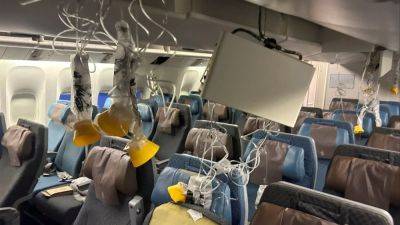How to best equip young people in Asia with digital skills
Historically, cooperation among the Global South has enabled developing economies to help each other through knowledge and technology transfers. Projects have focused on physical infrastructure including roads, railways and power plants to promote regional connectivity and support industrial activity.
A lack of digital literacy will increasingly equate to lost economic and employment opportunities. It is time to lay the foundations for digital human capital and give developing Asia’s workforce improved capabilities to compete with global talent pools.
These developing country networks can leverage their history of cooperation to foster knowledge transfer and upskilling in the agriculture and healthcare sectors. This can help workers adopt digital tools, such as AI and machine learning, which can provide data-driven insights and raise productivity.
03:20
Bangladesh election: young, digital-era voters seek future free from political chaos
These young professionals should be from a developing nation, graduates of any tertiary institution and enthusiastic about preparing developing Asia’s workforce for a digital future. The headquarters can be based in a developing Asian country focused on addressing these issues. Reciprocal exchange of young professionals can build trust and create cross-country solutions.
Through partnerships and training, Hong Kong can empower people and organisations to cultivate a more digitally competitive workforce. Expanding its horizons from serving developed markets to serving developing ones can be challenging as it will require cultural and mindset shifts. However, doing so can give Hong Kong’s globally minded young professionals a sense of mission and purpose while helping shape a better digital







